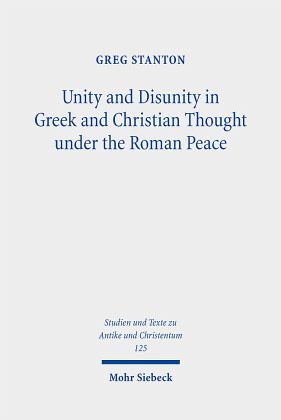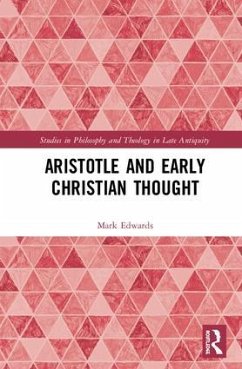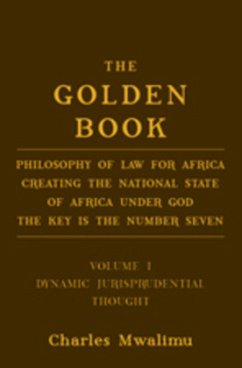Nicht lieferbar

Unity and Disunity in Greek and Christian Thought under the Roman Peace
Versandkostenfrei!
Nicht lieferbar
The Roman élite of the first two centuries wanted the ethnic groups in the Roman Empire not to disturb the peace that the Romans had established, the Pax Romana. In this study, Greg Stanton explores what Greeks under Roman control thought about unity at several levels, beginning with the smallest entity, Greek cities, and moving through the Roman Empire and humankind to the universe. The Christian writers from Augustus to the early Severan rulers had some distinctive ideas on unity, such as the unity of God and harmony among churches, but they treated other ideas such as the unity of humankin...
The Roman élite of the first two centuries wanted the ethnic groups in the Roman Empire not to disturb the peace that the Romans had established, the Pax Romana. In this study, Greg Stanton explores what Greeks under Roman control thought about unity at several levels, beginning with the smallest entity, Greek cities, and moving through the Roman Empire and humankind to the universe. The Christian writers from Augustus to the early Severan rulers had some distinctive ideas on unity, such as the unity of God and harmony among churches, but they treated other ideas such as the unity of humankind similarly to Greek orators and philosophers. Also of interest is the extent to which writers inclined to Stoicism or Platonism, or those committed to Christian belief, were intent on seeing practical outworkings of their beliefs on unity and disunity.









